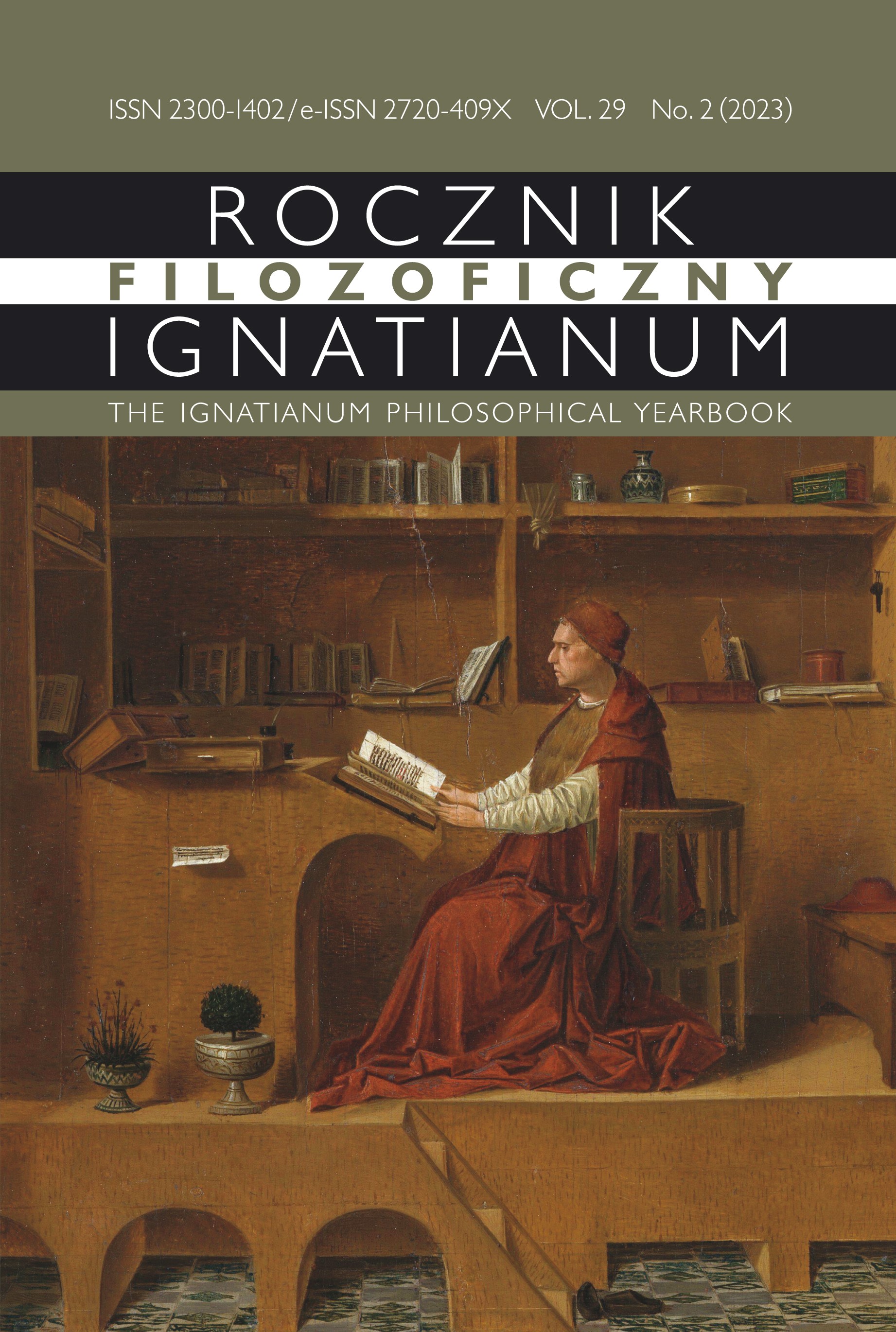Introduction
Abstract
The current issue of the journal includes eleven articles. It opens with an argument by Jerzy Brzozowski on the question of the theoretical and practical legitimacy of the use of modern, and, in fact, colloquial language in the translation of the Holy Scriptures. Referring to the example of the Paulian Bible, which was intended to be characterized by language understandable to the modern reader, the author notes that only ostensibly “modern language” was used. Moreover, full phrases from the Millennium Bible were borrowed in many places. Then follows a discussion by Nicholas Coureas based on Venetian and Genoese notarial deeds drawn up in Cyprus between 1362 and 1458, on the relationships between household slaves or servants and their owners. It turns out that they were very often supported by wills containing bequests for the benefit of slave women and illegitimate children born of these relationships.
Copyright (c) 2023 Jesuit University Ignatianum in Krakow

This work is licensed under a Creative Commons Attribution-NoDerivatives 4.0 International License.
The Yearbook only accepts materials for publication that are free of all conflicts of interest, and that in no way involve conflicts over authorship, copyright, etc. The Editors will take action against any cases of plagiarizing, ghostwriting1, guest/honorary authorship2, etc. Where co-authored work is concerned, the Author listed first is expected to take responsibility for the submission, and is required to make clear the contributions of all of the Co-Authors involved. In the event of the publication owing its existence to funding dedicated to this purpose, this fact should be made clear: e.g. in any note of thanks/acknowledgement, or in a footnote, etc. Explicit notification should be given of any form of reprinting, with the appropriate evidence of permission to publish being furnished as required. Any impropriety on the part of Authors/Reviewers risks exposing them to appropriate responses from the relevant institutions.
______
1 This term refers to instances of a person who has made an essential contribution being omitted from the list of authors, or from notes conveying gratitude and/or acknowledgement.
2 This occurs when a person who has made either an insignificant contribution or no contribution at all nevertheless appears on the list of authors.





